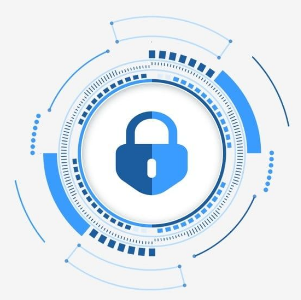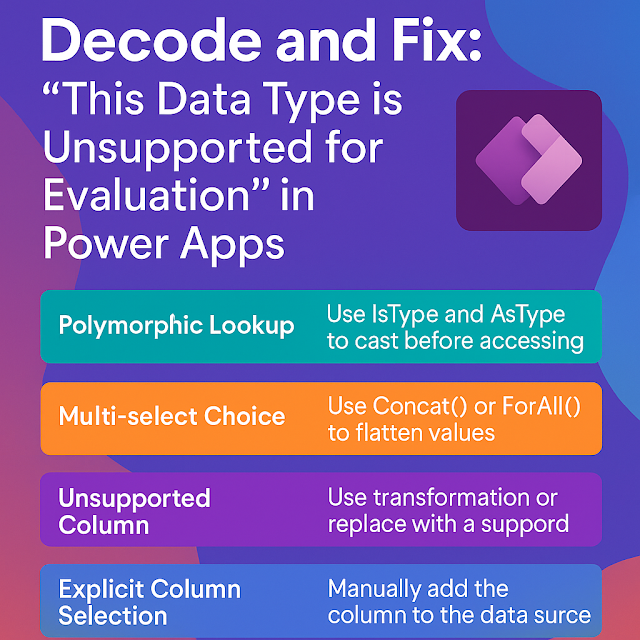Power BI's Security Arsenal: Row-Level Security Explained
Security in analytics reports is essential to protect data, maintain trust, comply with regulations, and make informed decisions. It includes various measures for access control, data privacy, data integrity and security of information throughout its lifecycle. Row-level security (RLS) in Power BI is a security feature that allows you to restrict data access at the row level based on user roles and rules defined within the Power BI model. This feature ensures that users only see data that is relevant to their role, preventing them from accessing unauthorized or sensitive data.
Row-level security (RLS) is a valuable feature in Power BI that allows you to restrict data access at the row level based on user roles and filters. Here are some tips and tricks to effectively implement RLS in Power BI:
- RLS helps organizations maintain tight control over data access. This ensures that sensitive information is only accessible to authorized users, reducing the risk of data breaches or unauthorized access.
- We can create one or more roles.
- A role has a unique name in the model, usually consisting of one or more rules.
- The rule data analysis expression applies filters to model tables using filter expressions.
- By default, the data model has no role
- It is possible to define a role that does not involve any rules. In this case, the role grants access to all rows of all model tables.
- Filters restrict data access at the row level, and we can define filters within roles.
- RLS restricts data access only to users with viewer permission.
- RLS does not apply to admins, members or contributions.
- If multiple roles have filters that could potentially include the same rows, Power BI will apply the most permissive filter. This may result in unintended data exposure.
- RLS can be applied to DirectQuery and live connection datasets. However, performance considerations are important, so make sure your queries remain efficient.
In short, row-level security in Power BI is an important feature for organizations looking to maintain data privacy, comply with regulations, and provide customized data views to different user groups. It enhances data security, simplifies report management, and ensures consistent, role-specific data access.












Comments
Post a Comment